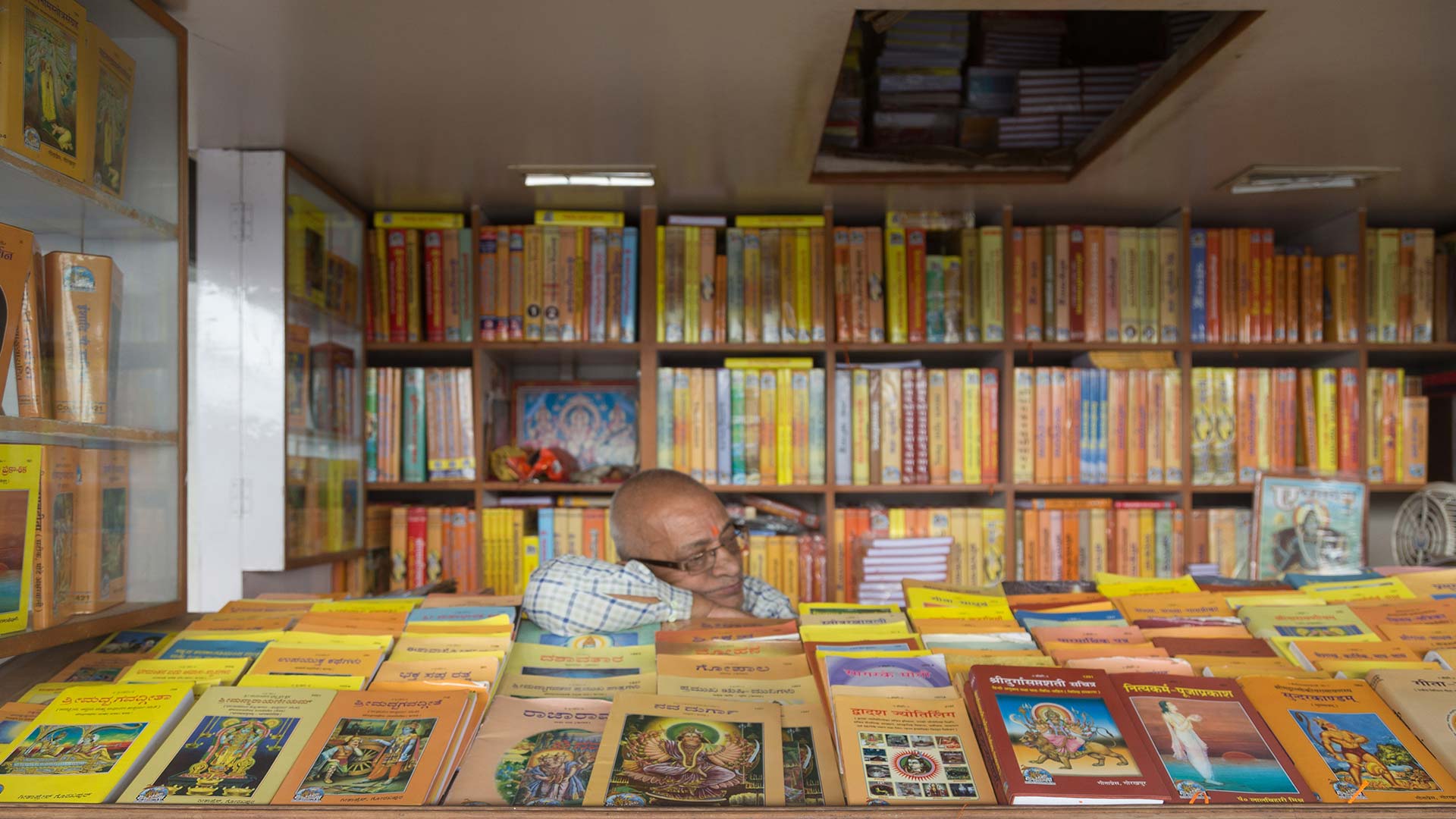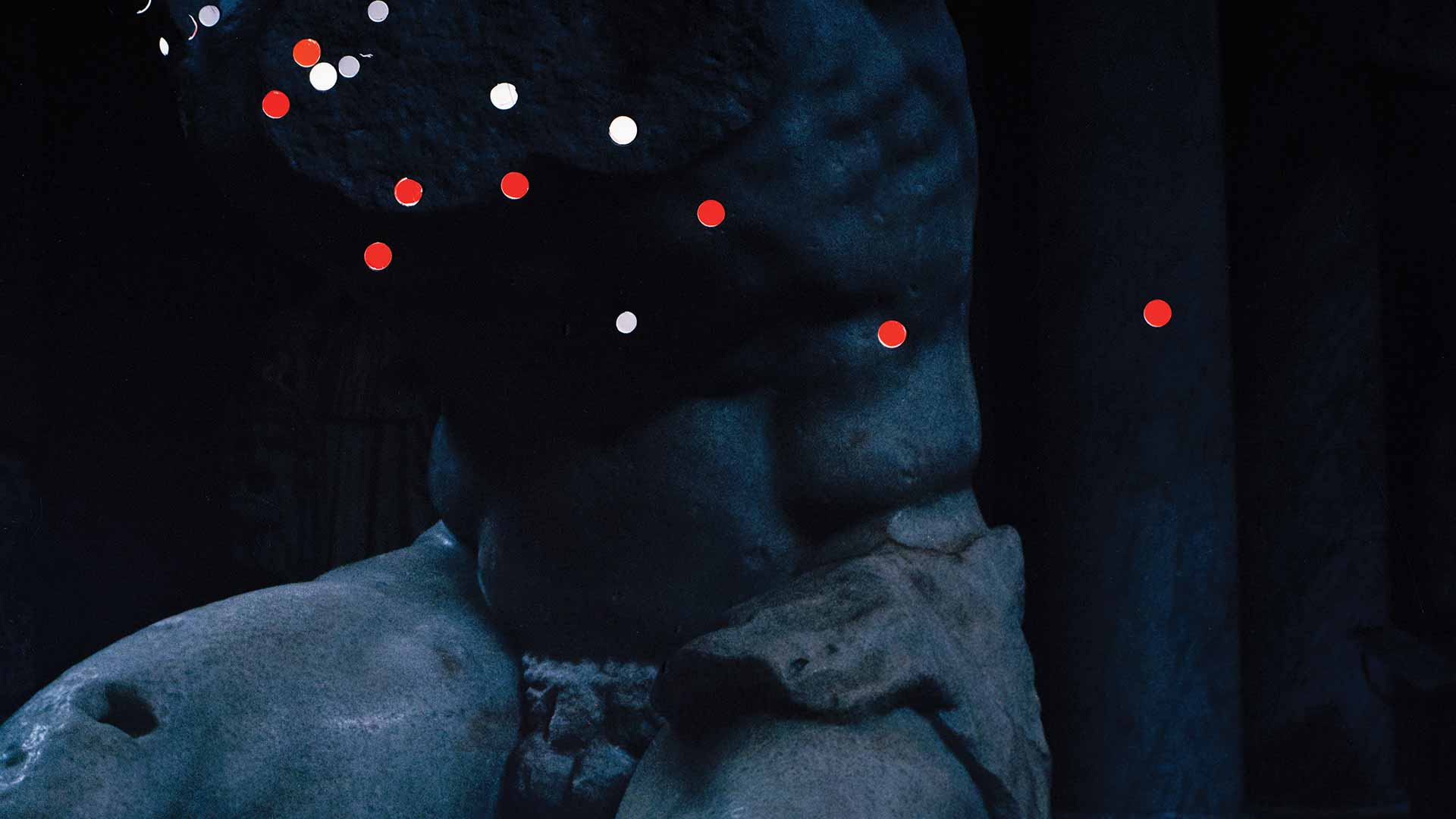The Personal Memoirs of Ulysses S. Grant are widely acknowledged to be the best book written by an American president. Ta-Nehisi Coates, reading them six years ago, called Grant a “superhero” and a “warrior-poet,” and tweeted that he was going to make Grant his new social-media avatar. Grant’s memoirs were among Gertrude Stein’s favorite books; she wrote experimental prose about Grant and said that she could not think of him without tears. General (Ret.) David Petraeus loves the memoirs for the same reason Mark Twain loved them (Twain, indeed, commissioned and published them): they are plain, clear, unsentimental, candid and non-euphemistic in a manner almost unheard of in nineteenth-century literature. Henry James admired their “hard limpidity.” Edmund Wilson, in his study of Civil War literature, Patriotic Gore, quoted at length not only from Grant’s memoirs but also from his correspondence with his doctor (“Of course I feel very much better for your application of cocaine”). Twain considered Grant the opposite of Sir Walter Scott, whose flowery novels of aristocratic bravery Twain charged with having corrupted Southern literature and the Southern soul. Elizabeth D. Samet, a professor of English at the U.S. Military Academy at West Point, published in December a beautiful and obsessive annotated edition of the memoirs. It contains a hundred photos and nearly a thousand long, elegant footnotes. Grant is, as she puts it, her idée fixe, her all-consuming preoccupation. The new annotated edition is a product of benign madness. One of Samet’s goals is to help us see the Ulysses S. Grant most relevant to our times. In her introduction, she suggests that by his honesty, plainspokenness, and personal bravery, he works as a useful foil to Donald Trump. But she is also intent on making Grant’s time, the Civil War era, new. There are photos of crossdressers, bullet-riddled trees, sun-bleached bones, and actors in Shakespearean costume; illustrated Harper’s Weekly covers; maps from The West Point Atlas of the Civil War; monuments photographed by Samet herself; Confederate chivalric poetry; a homoerotic drawing by General William Tecumseh Sherman. She quotes many memoirists and novelists who were Grant’s contemporaries, some of them gorgeous writers, others hilariously bad.
The Other Ulysses
Grant became famous as a writer in his own time because of a letter to an old acquaintance, Simon Bolivar Buckner. Buckner, who’d attended West Point with Grant, fought alongside him in the Mexican War, and once helped him secure a hotel room when he was hard-up, was a Confederate general, and Grant, a Union general, had surrounded Buckner’s position at Fort Donelson, in Tennessee. Buckner wrote Grant with a request for an armistice and the negotiation of surrender terms. “No terms except an unconditional and immediate surrender can be accepted,” Grant replied. “I propose to move immediately upon your works.” The Northern press found this retort so exciting that it began to refer to the author as Unconditional Surrender Grant. And “I propose to move upon your works” retains its chilling power. But Grant is modern not so much because he writes good threats as because he abjures lyricism and metaphor. He has a modern writer’s appreciation for the innate beauty of precise observation. Take his account of Buckner’s defenses: The trees outside the rifle-pits had been cut down for a considerable way out, and had been felled so that their tops lay outwards from the intrenchments. The limbs had been trimmed and pointed, and thus formed an abatis in front of the greater part of the line. A lesser stylist trying to conjure the same foreboding landscape might say that the limbs had been stripped and carved into spikes. That description would be just as accurate as Grant’s. But “trimmed and pointed” is more frightening, because it doesn’t seek to frighten. It sounds safe. * * * To contrast Grant’s prose with that of his contemporaries, Samet quotes from the chariot-race scene in Ben-Hur, the hit novel by the Union general Lew Wallace: And such running! It was rather the long leaping of lions in harness; but for the lumbering chariot, it seemed the four [horses] were flying. When the Byzantine and Corinthian were half-way down course, Ben-Hur turned the first goal. And the race was WON! Once you’ve read Wallace’s prose, it seems unsurprising that he got lost on the way to Shiloh, a horrific battle in which Grant managed, at great cost, to reclaim ground lost to two formidable Southern generals, Albert Sidney Johnston and Pierre Gustave Toutant Beauregard. Writers who turned running horses into leaping lions, who used italics and capital letters to engage the reader, rather than exactitude, must not have paid as close attention to their surroundings as Grant paid to his. Samet is a woman writing in the predominantly male genre of military literary history, and she takes an interest in female Civil War soldiers. We learn from her annotations that a woman named Frances Clayton fought for Grant at both Fort Donelson and Shiloh. She did so disguised as a man, calling herself Jack Williams. Two women also managed to pass as male soldiers in the army of the Union general Philip Sheridan. “These Amazons had secured a supply of ‘apple-jack,’” wrote Sheridan, “got very drunk, and… had fallen into Stone River and been nearly drowned. After they had been fished from the water, in the process of resuscitation their sex was disclosed, though up to this time it appeared to be known only to each other.” This was a widespread phenomenon, Samet says; historians estimate that about four hundred women served in the Union and Confederate armies. * * *
Some of Samet’s annotations work as correctives to Grant’s storytelling. His greatest limitation as a chronicler of the Civil War is the paltry consideration he gives to race. He hates slavery and approves of black troops, but doesn’t linger on either. He devotes one brief paragraph to the Battle of Milliken’s Bend, which, from the vantage point of 2019, seems a pivotal event of the war. On the banks of the Mississippi, near Vicksburg, fifteen hundred Texans charged some one thousand of Grant’s men, a mix of black Louisianans and white Iowans. The Southern brigadier general Henry McCulloch shouted, “No quarter for the officers, kill the damn abolitionists.” This was in June 1863, five months after the Emancipation Proclamation took effect. Many people on both sides of the war questioned whether freedmen—black soldiers who’d escaped, or been liberated from, slavery—could stand up to white opponents. The freedmen had never been tested in combat. As it happened, in McCulloch’s telling the Confederate charge “was resisted by the negro portion of the enemy’s force with considerable obstinacy, while the white or true Yankee portion ran like whipped curs.” The black troops held until Union gunboats arrived and drove off the rebels. To Grant, the battle was a minor episode; in Samet’s annotations, it becomes a milestone. She quotes a white captain in the black 9th Louisiana: A boy I had cooking for me came and begged a gun when the Rebels were advancing, and took,his place with the company, and when we re-took the breastworks, I found him badly wounded with one gunshot and two bayonet wounds. A new recruit I had issued a gun to the day before the fight was found dead, with a firm grasp on his gun, the bayonet of which was broken in three pieces. They met death coolly, bravely—not rashly did they expose themselves, but all were steady and obedient to orders. This letter was cited in a federal report to the secretary of war, written just after the battle, that argued for an increase in black recruitment. In the end, 180,000 African Americans joined the Union military. * * * It’s hard to fault Grant for short-shrifting an important thread. He wrote the memoirs while suffering from terminal throat cancer, racing against time. He’d lost his fortune to a swindler and hoped the book would rescue his family’s finances. He died a few days after he wrote the final sentence. Twain’s publishing firm hired Union veterans to peddle the memoirs door to door—Sherwood Anderson’s father was one of these soldiers-cum-salesmen—and they sold more than 300,000 copies. In death, Grant notched one last hard-won victory.
Benjamin Nugent’s first story collection, Fraternity, will be published next year by Farrar, Straus and Giroux. His stories have appeared in Best American Short Stories and Best American Nonrequired Reading, and been awarded the 2019 Terry Southern Prize by The Paris Review.


